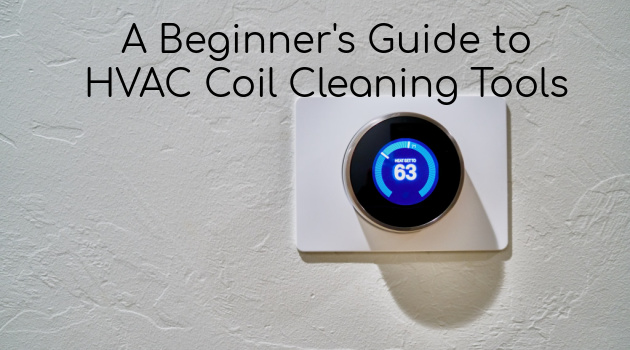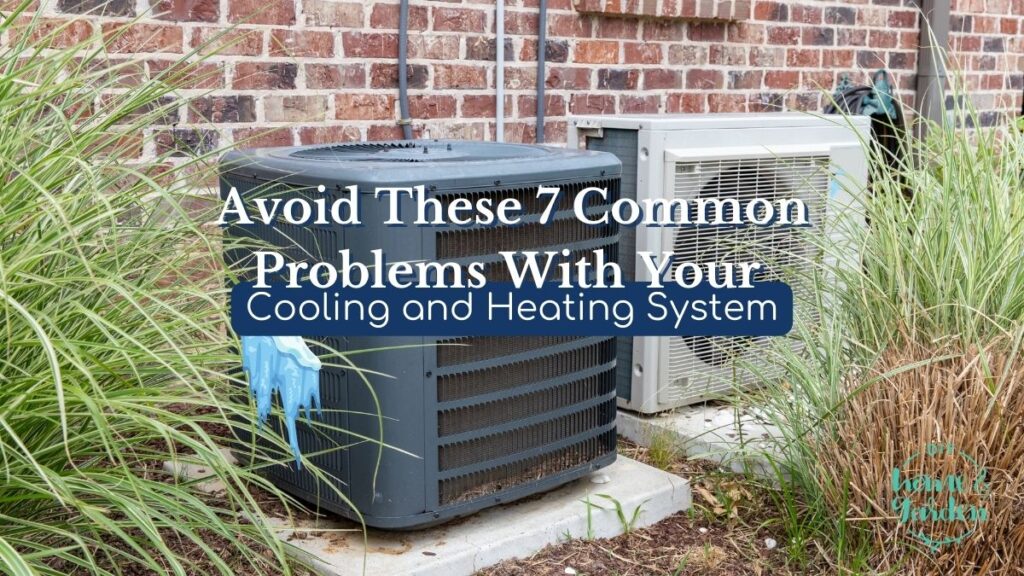If you live in a cold climate, a furnace is a great way to keep warm during the winter. It helps provide you with heat and comfort, but it also impacts the overall energy efficiency of your home.
The type and size of furnace you choose depend on many factors, such as how much money you want to spend on heating costs, how much space is available, how often maintenance needs to be done, etc. Read this article to learn about things that should factor into your decision about a heater installation for your home.
Four Primary Types Of Furnaces (by power type)
When it comes to furnaces, there are several options to choose from. Your heater installation location (home or business) and operating requirements can impact which type of heating system is best for your needs. Here are some of the most popular types of heating systems.
Oil-Burning Furnace
Oil furnaces are the most common in use today. They are efficient, inexpensive to install and maintain, reliable and quiet. Once considered outdated, these have seen a comeback in recent years, thanks to their ability to heat in the coldest climates. Also, you can now connect them to a wi-fi app and control the thermostat remotely, just like with other furnace types. (Although they were admittedly slow to arrive at the gate).
Gas-Burning Furnace
Gas furnaces are the most efficient and cost-effective option. They are also more environmentally friendly than oil furnaces, as they don’t require any combustion byproducts to run. Gas furnaces are easier to install than oil models because there’s no need for a dedicated duct system or unique vents outside your home.
Gas furnaces also tend to be quieter than other heating systems. Indeed, the latest technology available today is the quietest yet.
Propane-Powered Furnace
Propane furnaces are popular because they are easy to install and maintain and are more energy efficient than others. Propane is a clean-burning fuel that has fewer emissions than other fuels, like oil or natural gas. Plus, propane furnaces can be more affordable than other models because they require less maintenance and repair.
Electric Furnace
Electric furnaces are the most efficient of all furnace types and require regular minor maintenance. They produce more heat per unit of energy than any other type of furnace, making them ideal for keeping your home warm during harsh winters. They also tend to cost less than other furnaces when you add up the initial purchase price and annual maintenance costs.
However, electric furnaces also have a few disadvantages. For one thing, they’re not suitable for small spaces or homes on large lots because they can’t be vented outside. They must be vented indoors through a duct system, so they can’t heat more than one room at a time.
If you have an electrician install one in your home, finding someone who will work with just electric units may be challenging. They’re quieter than gas and oil furnaces, but they still make some noise while running (though this varies by manufacturer).
The Takeaway: Knowing Your Options Is the Best Place to Start
Understanding all your options when it’s time to invest in a new heating system or furnace is the first step to spending your money wisely. Before you make a final decision, speak with a local specialist to find out which model delivers the results you need in your particular climate.



